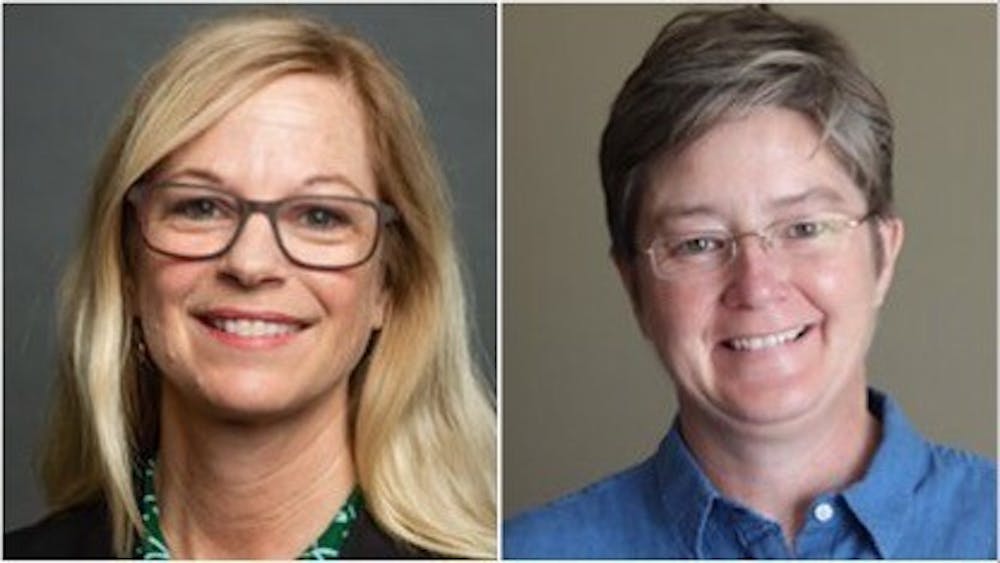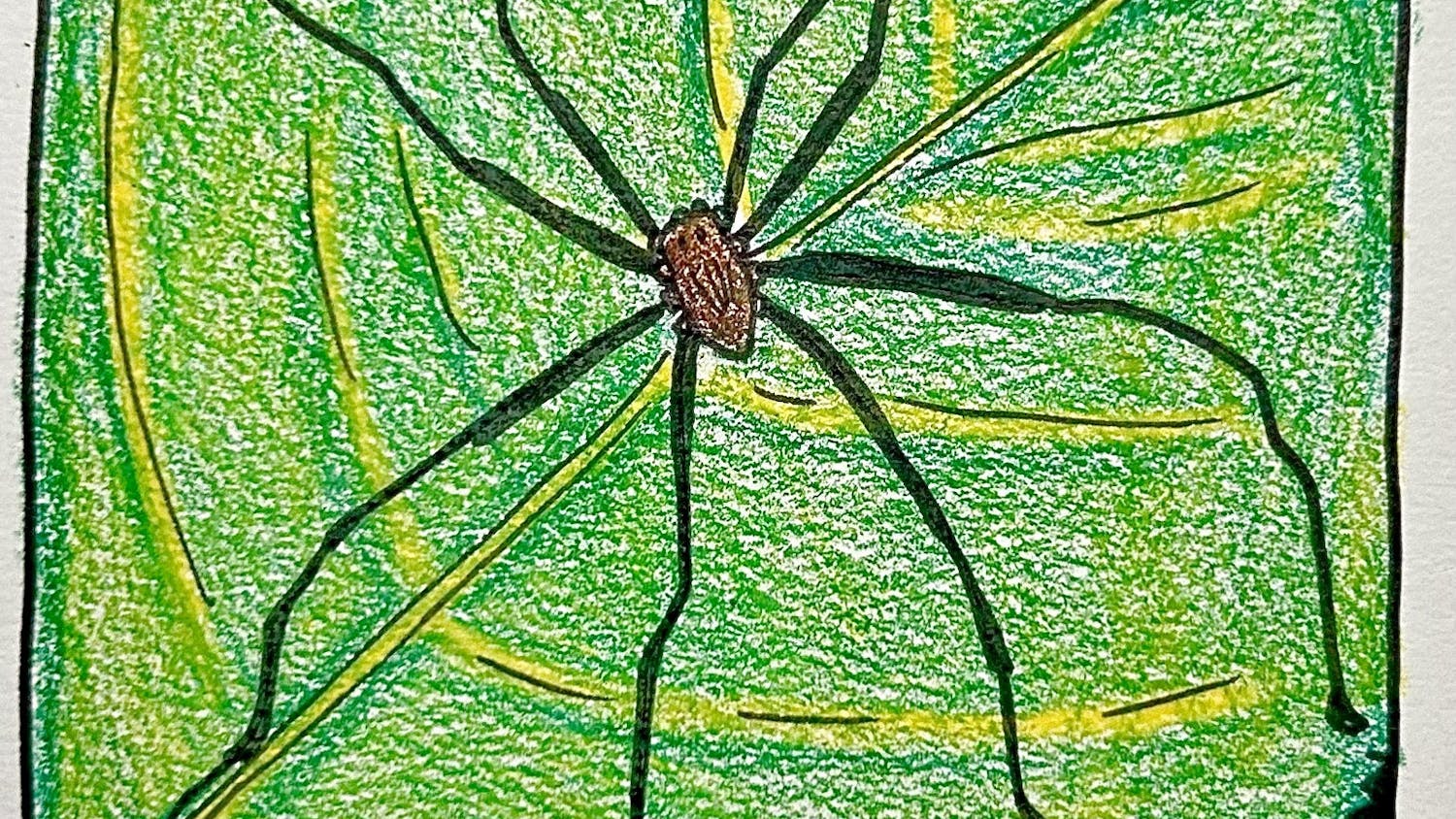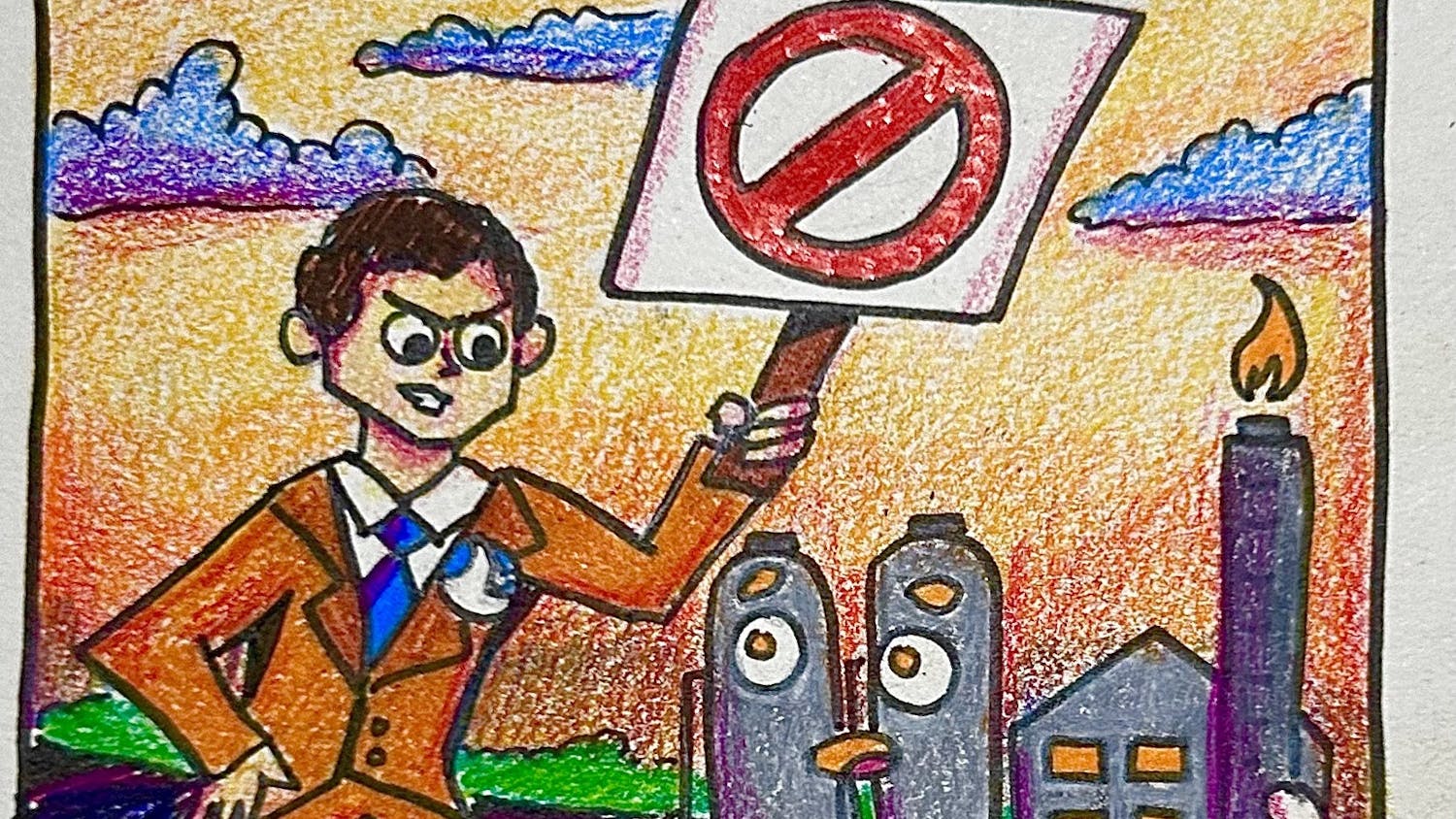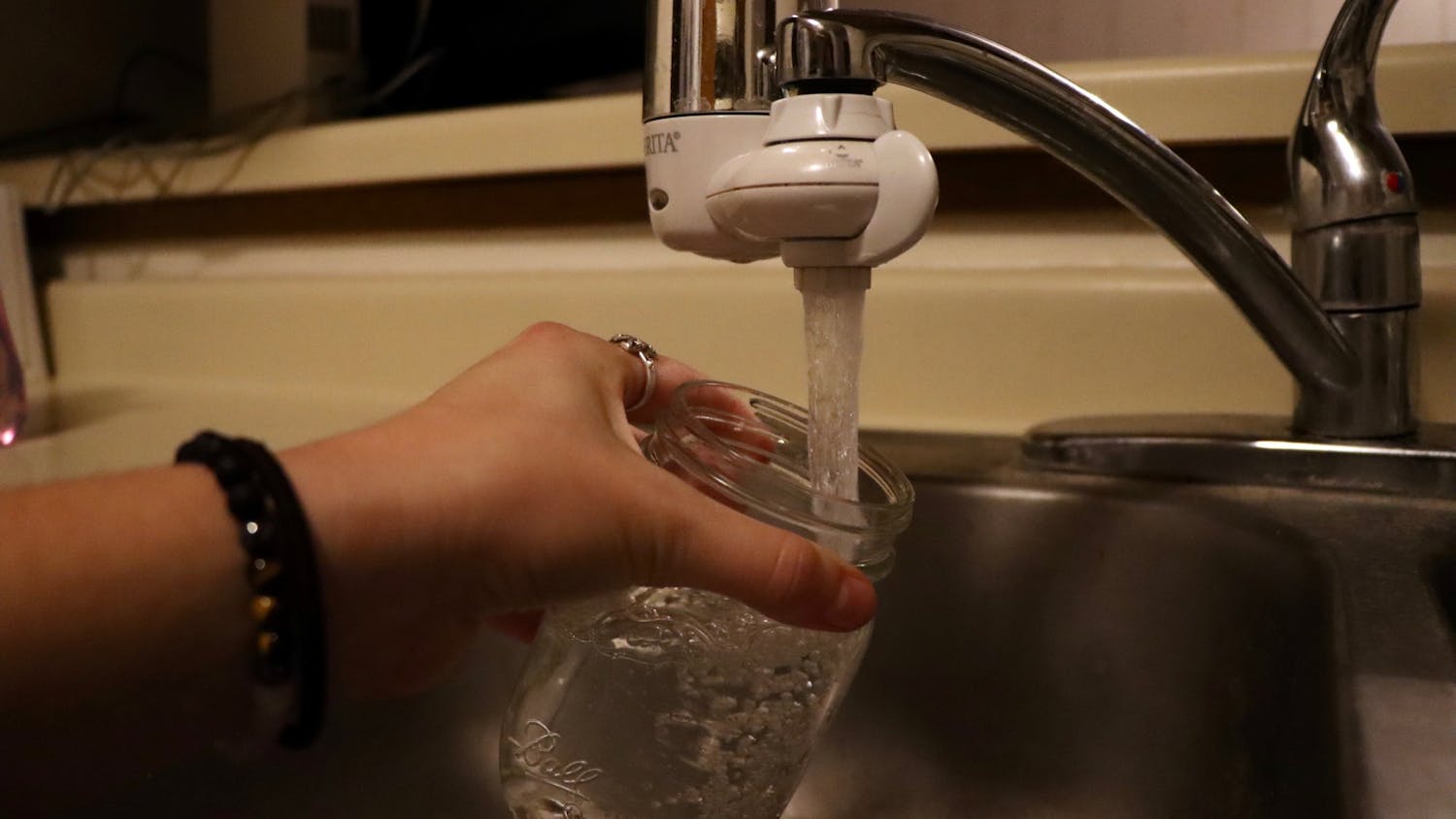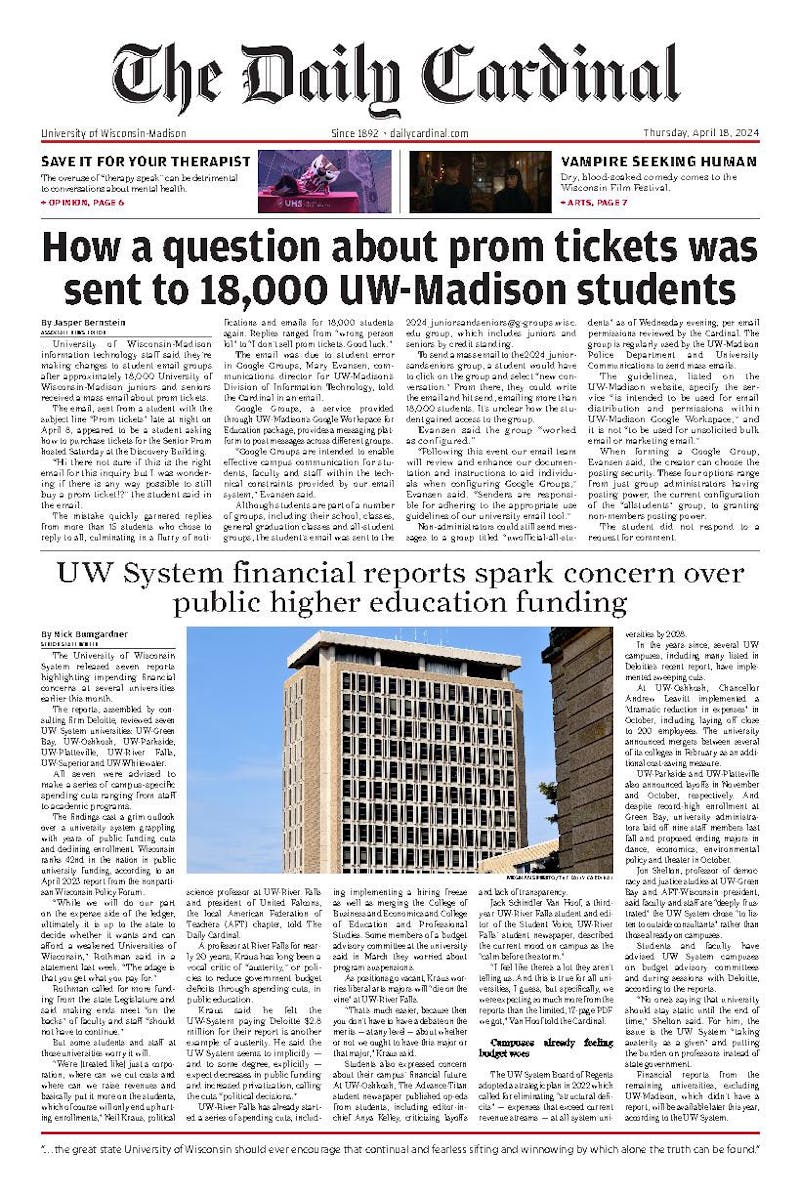Earlier this month, two UW-Madison graduates, Lisa Parks and Rebecca Sandefur, were awarded the prestigious MacArthur “Genius Grant” Fellowship for 2018. The MacArthur Fellowship is awarded every year to individuals with great potential, dedication and creativity in the hopes they will use the $625,000 grant to further their original and innovative pursuits. For both Parks and Sandefur, the fellowship is an exciting and unique opportunity to develop and expand their research interests and projects.
LISA PARKS
Lisa Parks is a media scholar at the Massachusetts Institute of Technology (MIT) researching media infrastructure and its impact on public perception and development.
“I feel absolutely overjoyed and honored to have gotten a fellowship,” Parks said, who received her master’s and doctorate degree from UW-Madison.
Parks became interested in media studies upon realizing that media and telecom infrastructure, unlike many other types of infrastructure, are largely invisible to the public. The hidden nature of media infrastructure creates a gap in the understanding of how it is organized and operated for the public. Parks studies a variety of issues related to media infrastructure, including the role of satellites in public life.
“I began thinking about the space domains above the earth’s surface, looking at how it’s structured and the processes by which different countries and companies gain access to orbital slots and build satellites that are put into orbit and operated, in some cases, for decades,” Parks said.
In her recent book “Rethinking Media Coverage: Vertical Mediation and the War on Terror,” Parks reframes what media coverage means to our society. Although media is typically perceived to involve news reporting, Parks wants to expand that definition to include how aerial and satellite images have been incorporated into the way we understand global events, such as the aftermath of 9/11 and the War on Terror. However, she says, the impact of vertical mediation doesn’t just end at public perception.
“Often when you have a satellite image of Afghanistan or Iraq, suddenly that image is used by developers or natural resource companies to come in and start to build or rebuild after the war. So, those images don’t just stop at the screen, they often become these spaces that are very transformative in the short term and in the long term,” Parks said.
With the MacArthur Fellowship, Parks hopes to continue her research projects that she conducts through her lab at MIT, called the Global Media Technology and Cultures Lab. In particular, they are currently focusing on learning from rural and
“In
“I hope it will draw attention to the variety and diversity of ways that people create with media technologies around the world, and
Rebecca Sandefur
For Rebecca Sandefur, a professor of sociology and law at the University of Illinois at Urbana-Champaign, her work is all about the improving access to the American civil justice system.
“If you think about public institutions we all pay taxes for, like public schools, every community has them, and if you live there you can just use it,” Sandefur said, who received her BA from UW-Madison.
“We would think it was crazy if we said in order to use our public schools, you needed to hire a private educational consultant that‘s going to help your kid figure out what classes to take, go to class with them and help them move around the building, but that’s exactly what we do with law. We have a big public legal system… but that system is so complicated and
Sandefur focuses on understanding the effects of this complicated legal system upon inequality, and why and how people have difficulty seeking out help for their legal problems, which disproportionately affects
Sandefur hopes to develop alternative ways of bridging this gap in accessibility and understanding, such as working with non-attorneys that connect with communities to provide legal advice. Research has shown that these non-attorneys are capable of carrying out work that has traditionally been done by lawyers, thus creating a better connection and information flow between the legal system and the communities it operates in. In addition, Sandefur is excited about exploring different kinds of technologies, like apps, to connect people to legal and justice resources and advice.
Using the MacArthur Fellowship, Sandefur plans to bring together her projects and begin implementing and scaling them up.
“I’m really grateful for this wonderful opportunity to bring attention to an issue that’s been the radar,” Sandefur said, “There are 60 million people in the country, or about 20 percent of our population, who are eligible for federal legal assistance, and there are about 6000 attorneys for those people.”
“All of us want to live in communities that are safe, where people can participate and where they can have

